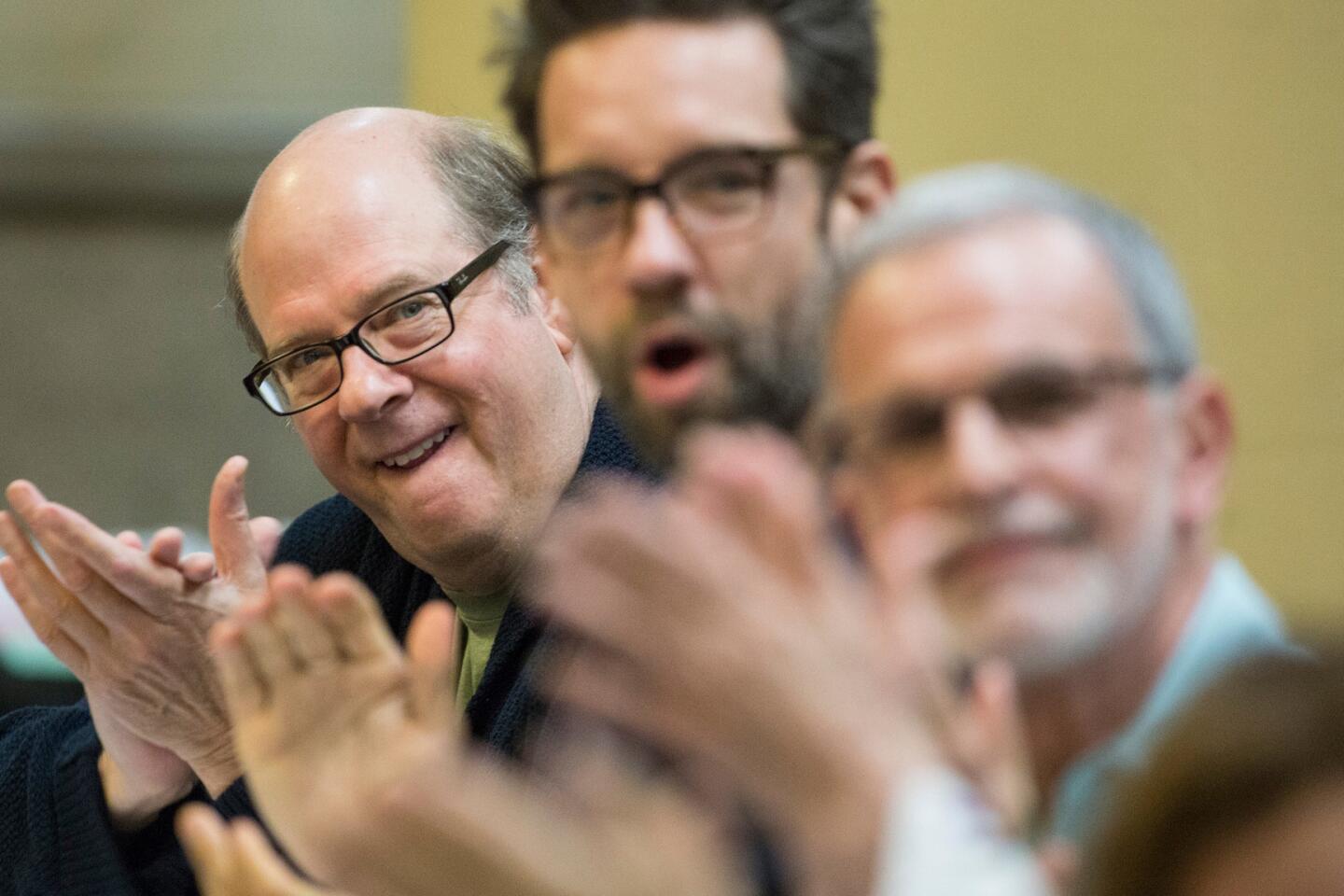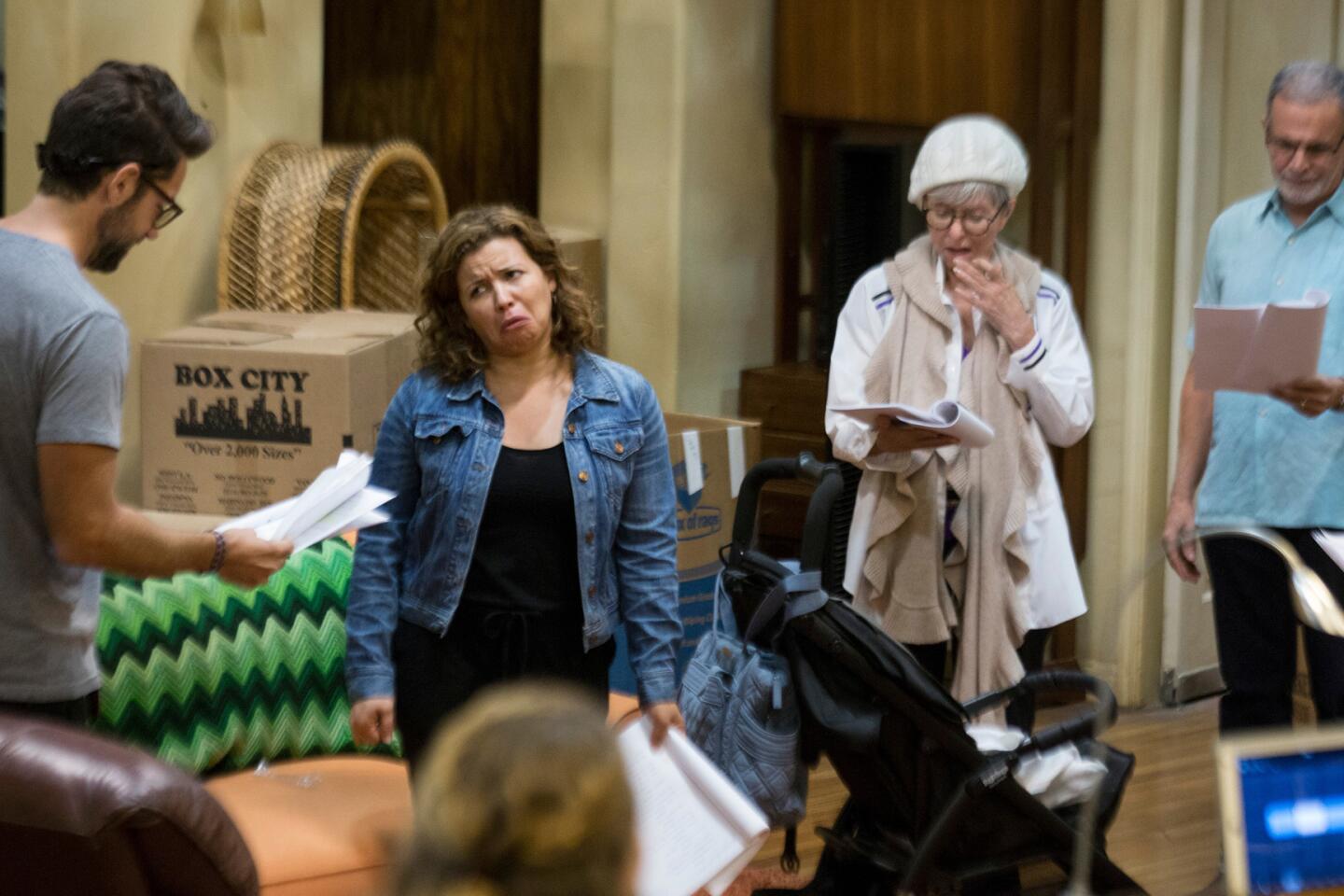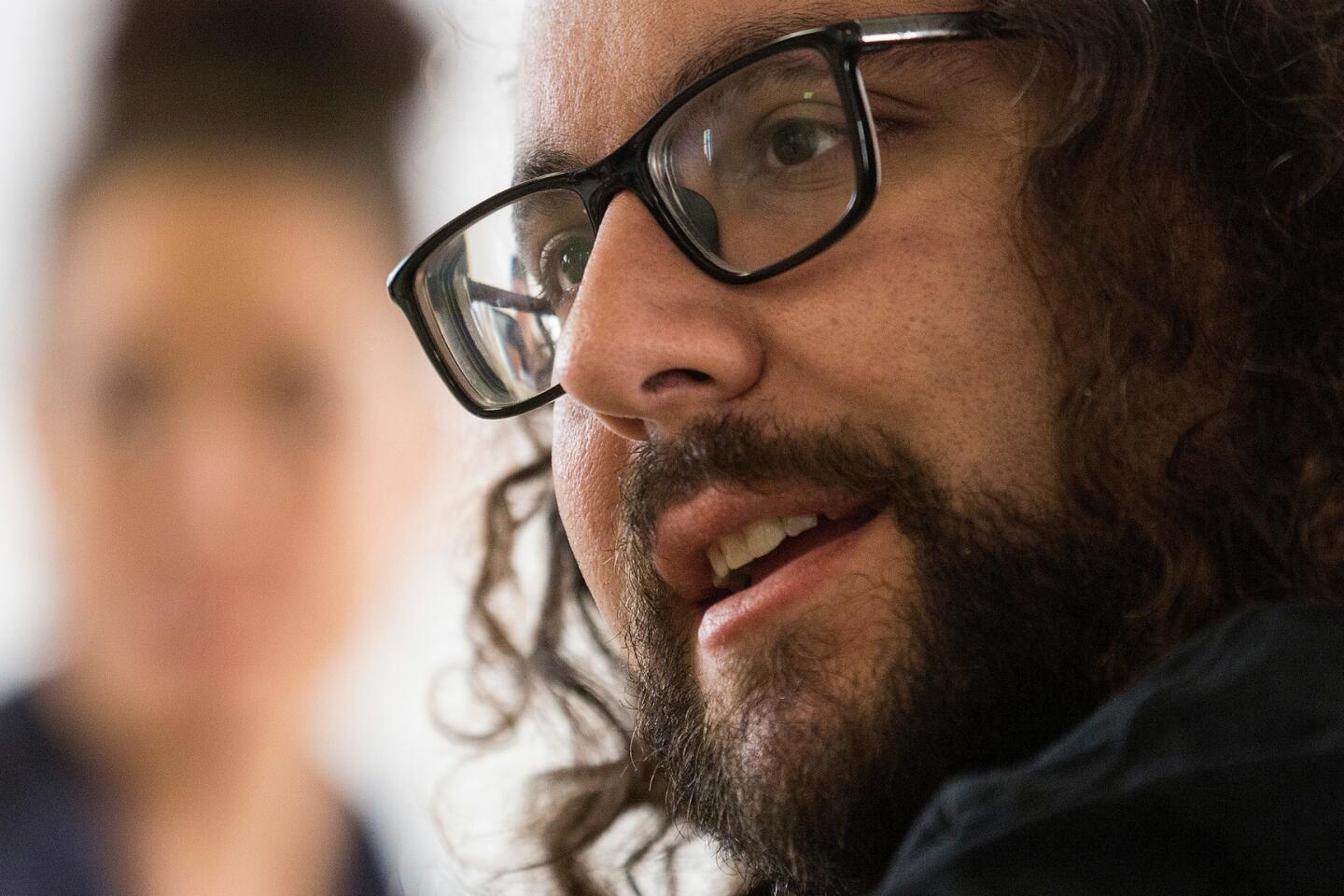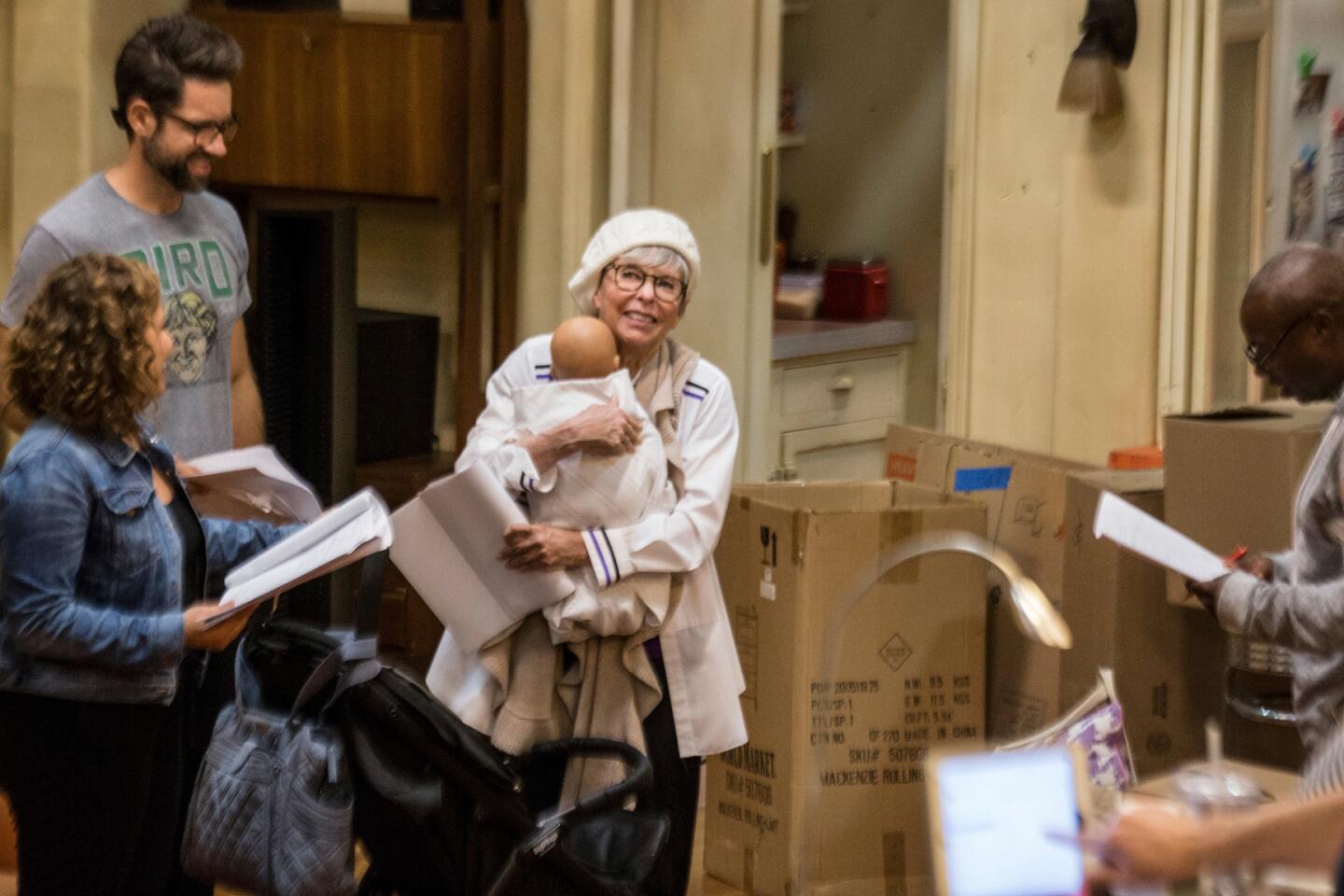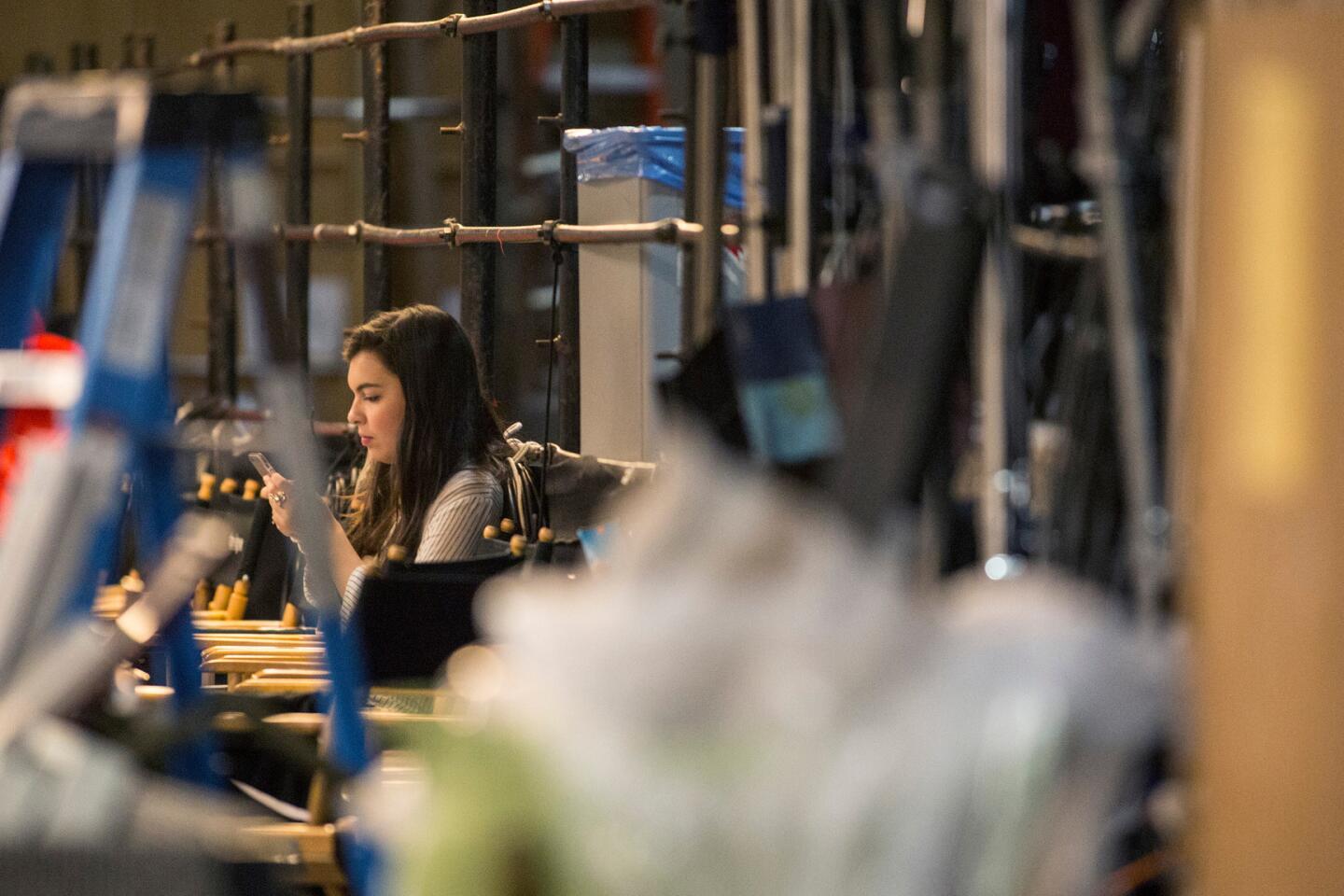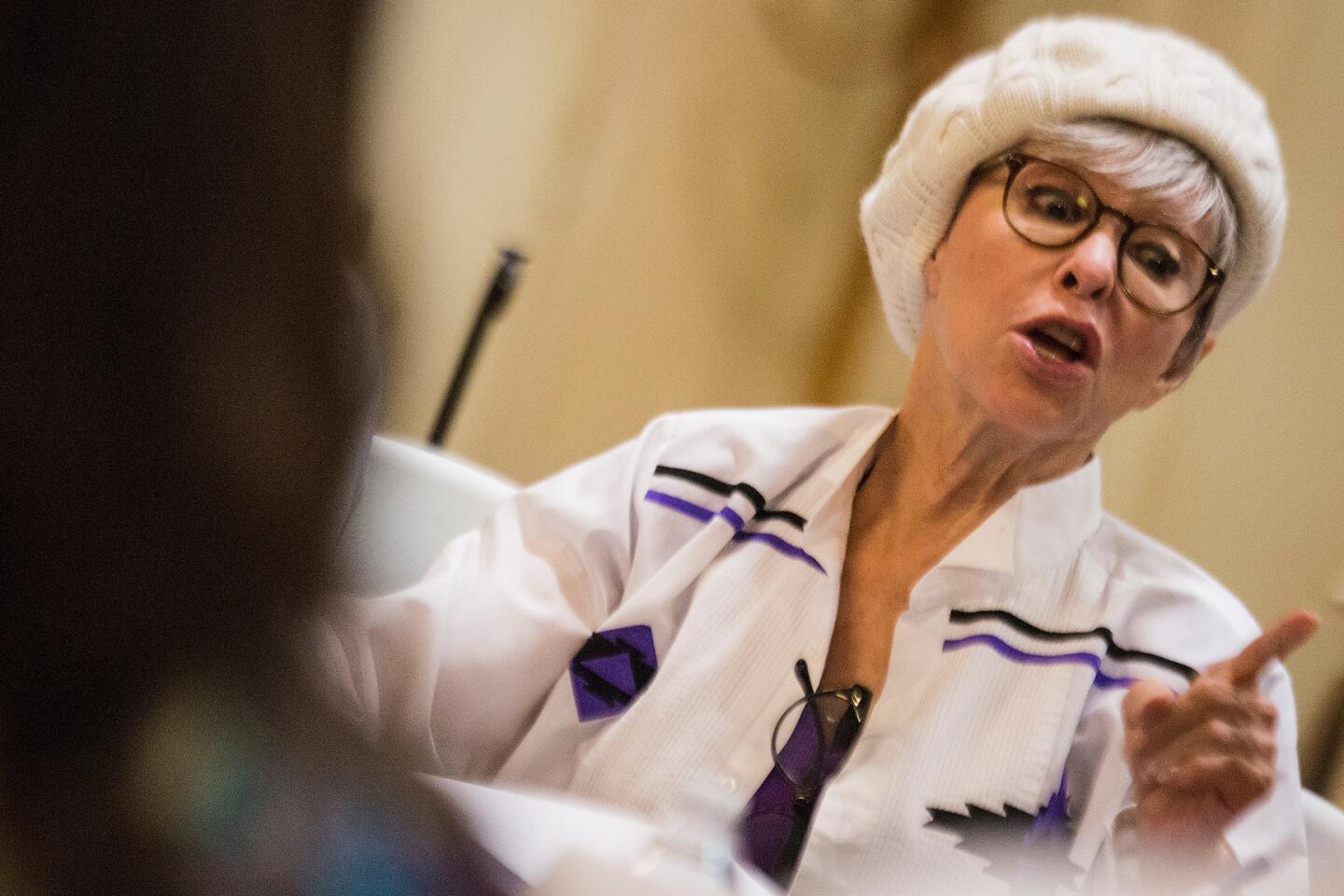Reboot mania gives the television landscape a sense of déjà vu
TV programming has fallen into a time warp. “Roseanne,” “One Day at a Time,” “Will & Grace,” “Star Trek,” “The X-Files,” “Twin Peaks.” It’s difficult to figure out which decade you’re in.
Every major broadcast network (and other original content providers such as Netflix) has been peering into TV’s past and declaring canceled shows not just worthy of preservation — but resurrection. Revivals, reinventions and reboots of all of those classic shows listed above have begun populating the airwaves with more on the way, including “Murphy Brown” and “Cagney & Lacey.”
“We’re living in a period where the trend cycles are much quicker now,” says “X-Files” creator-showrunner Chris Carter, who expanded his original series (1993-2001) into two feature films, and two limited seasons (2016, 2018). “There is nostalgia for the ‘90s, or the ‘aughts.’ Plus, TV is the medium of the moment.”
WATCH: Video Q&A’s from this season’s hottest contenders »
“Ever since the ‘90s, there’s been a lot of experimentation in comedies,” says “Roseanne” executive producer Bruce Helford, who also led the original series from 1992-93. “But since a new direction wasn’t found, everyone looked back and said, ‘Where did we leave off?’”
But why now? For one thing, TV is hip and bigger stars want in. For another, there’s a lot more of it, so cutting through the competition with a well-loved brand name is a smart strategy. Simultaneously, audiences are shrinking — while costs are not. “Roseanne” 2.0 hit big with 13.5 million viewers for its early episodes, but “Seinfeld’s” final season in 1998 averaged 22.3 million viewers. It’s a brave new world in 2018, but rebooting the old one may provide a little security if done right.
And that’s the challenge. Some shows have simply taken the title and premise, and found all new characters to present, as with “One Day” (original run: 1975-1984). Showrunners Mike Royce and Gloria Calderon Kellett had a mandate from original creator Norman Lear’s company to focus on Latinx characters and audiences, and include a main character who was a veteran.
“We took the spirit of the series and did new situations in it,” Kellett says. “A lot of our fans don’t even know there was an original series.”
“People know the title, and it’s a simple equation,” Royce adds. “It all comes from people wanting great TV.”
“Star Trek: Discovery” is in a slightly different boat; iterations of the “Star Trek” franchise (original run: 1966-69) have popped up multiple times over the ensuing decades. But executive producer Alex Kurtzman says it wasn’t just about resurfacing an old favorite.
“I felt strongly that the reason to bring it back is to make sure you have a reason,” he says. “Meaning don’t just do it to do it, have a story to tell.” Kurtzman focused on elements the previous “Trek” shows had not, giving “Discovery” a lead character who is a woman of color — and who isn’t in command.
His goal was to appeal to Trekkies and non-Trekkies alike. “We wanted to open the door and invite them in,” he says.
“Roseanne” (original run: 1988-97) is more closely a continuation than a reboot. The show resurrected Dan (who had died toward the end of the series) so that John Goodman could return, and regularly makes references to old off-camera characters and situations.
“We definitely didn’t want to tarnish the legacy of the show in its heyday,” Helford notes. “We didn’t want it to feel like we were totally stuck in the past. It’s hard to come back after 20 years or longer and still maintain the flavor and warmth of the original.”
Yet while critically acclaimed, high-rated reboots are reason for excitement, TV execs looking to ride the wave might want to consider how the reliance on franchises, remakes and sequels has made original, stand-alone movies hard to greenlight these days — and overall ticket sales continue to slip.
Once it was thought that only bad TV shows should get a remake, and the good ones should be allowed to rest in peace. “That was the thought for many years,” Helford says.
Clearly, that reluctance is a mere memory — which means reboot mania is not likely to slow any time soon. “When Disney bought Fox, they bought their catalog,” says “X-Files” creator Carter. “That’s one of the things that’s most valuable to them. So I think you’re going to see more of this rather than less — because they’ll want to capitalize on their investments.”
More to Read
From the Oscars to the Emmys.
Get the Envelope newsletter for exclusive awards season coverage, behind-the-scenes stories from the Envelope podcast and columnist Glenn Whipp’s must-read analysis.
You may occasionally receive promotional content from the Los Angeles Times.



